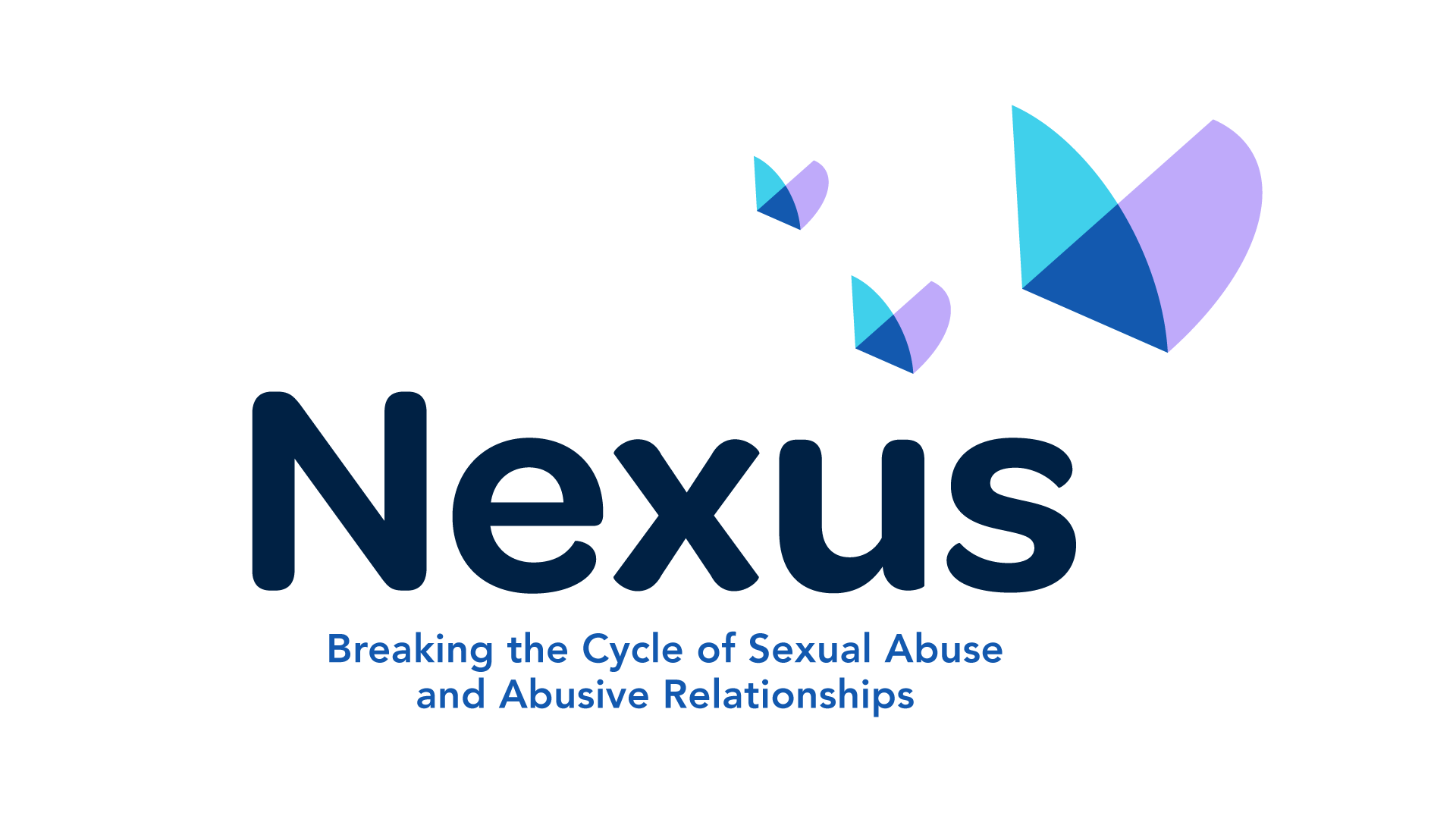SPIKING
Read and learn about spiking and how you can keep yourself safe and protect others.
What is drink spiking?
Drink spiking is when someone deliberately adds alcohol and/or a drug to another’s drink without their knowledge.
Most ‘date rape’ drugs leave the system after 72 hours so it is vital to get tested quickly to ensure appropriate treatment.
It might be hard to recognise a drink that has been spiked, here are some important signs to look out for:
- Excessive bubbles
- Foggy appearance
- Sinking ice
- Change in colour
How to help someone who you think has been spiked:
TELL a bar manager, supervisor or staff member.
STAY with them.
CALL an ambulance, if their condition deteriorates.
DON’T let them go home on their own or with a stranger.
PREVENT them from drinking more alcohol.
Lets talk about spiking and its effects:
- Visual Problems
- Unconsciousness
- Nausea
- Confusion & Loss of balance
- Severe Vomiting
The symptoms can mimic the effects of being drunk hence why it can be so hard to distinguish.
It is NEVER your fault. If you feel strange or more drunk than you should get help straight away!
Spiking – staying safe on a night out:
Spiking most commonly occurs in social settings such as bars, clubs and house parties.
The responsibility to stop this happening in these situations should never be on yourself, here are some tips to protect yourself:
- LEAVE your drinks with your friends.
- COVER your drink with your hand or drink stoppers.
- STAY together with your mates.
Injection spiking – what you need to know:
Multiple people have reported being spiked via injection across the UK.
Victims of injection spiking have found red bumps, pin pricks and bruising on their backs and arms.
It is vital to report this as soon as possible & get tested so any substances can be detected and PEP (post-exposure prophylaxis for HIV) can be taken.
If you need to speak to anyone about this, please do not hesitate to reach out. The Domestic and Sexual Abuse Helpline is available 24 hours, 7 days a week at 0808 802 1414, via email at help@dsahelpline.org or by web-chat at dsahelpline.org.
Further information is available from https://www.drinkaware.co.uk/a…





